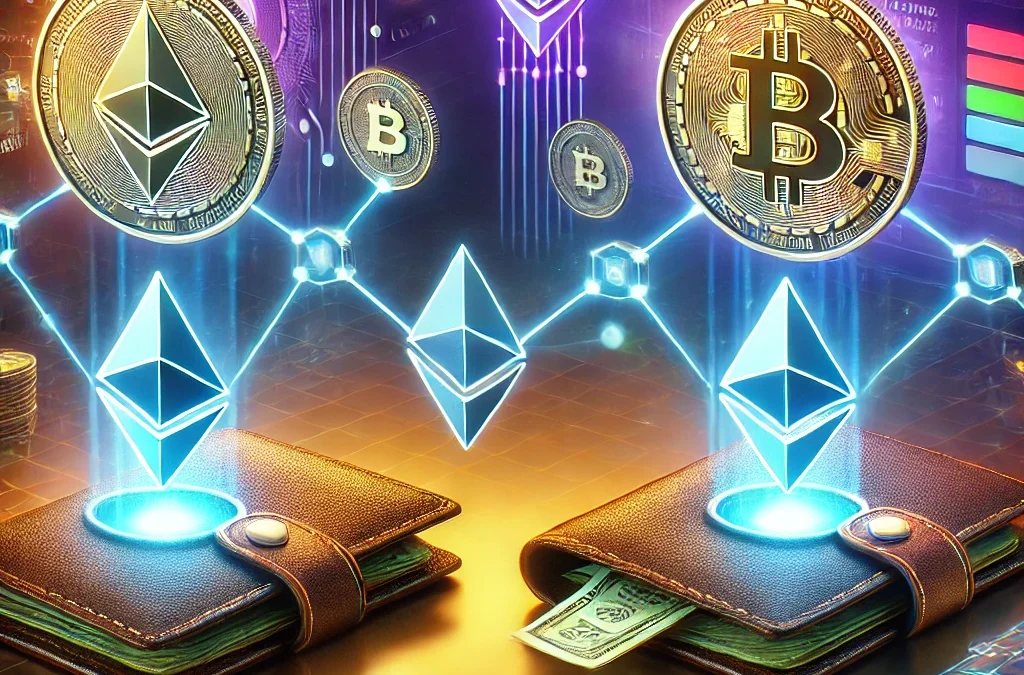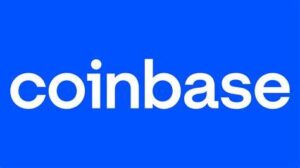Token Swaps Explained: How Decentralized Exchanges Are Revolutionizing Crypto Trading
The world of cryptocurrency has rapidly evolved, and one of the most impactful innovations in recent years has been token swaps. Token swapping is an integral part of the Decentralized Finance (DeFi) ecosystem, enabling users to trade one token for another without relying on a centralized exchange. But how do these token swaps work, and why are they revolutionizing crypto trading? Let’s dive in.
What is a Token Swap?
A token swap is a process that allows users to exchange one type of cryptocurrency or token for another. Unlike traditional exchanges where assets are traded on order books and custodial accounts, token swaps occur directly through decentralized exchanges (DEXs) using smart contracts. These smart contracts automatically execute the swap based on predefined conditions, without the need for intermediaries like banks or centralized platforms.
How Token Swaps Work
Token swaps rely on decentralized platforms such as Uniswap, PancakeSwap, and JuicySwap. Here’s a simplified breakdown of the process:
- Liquidity Pools: At the heart of a token swap is the liquidity pool. These pools are collections of tokens provided by users, known as liquidity providers (LPs), who earn fees in return. For example, if you’re swapping Ethereum (ETH) for USD Coin (USDC), the exchange pulls tokens from the ETH-USDC liquidity pool.
- Smart Contracts: The swap is governed by smart contracts, which are automated agreements encoded on the blockchain. These contracts handle the transaction without needing a middleman and ensure transparency and security.
- No Custody: In traditional exchanges, you have to deposit your assets into the platform. However, with token swaps on DEXs, your tokens remain in your wallet, giving you full custody over your assets at all times.
Why Token Swaps are Revolutionizing Crypto Trading
- Decentralization and Control
One of the key reasons token swaps are transforming the crypto world is the removal of centralized control. In centralized exchanges (CEXs), users must trust the exchange with their funds. This has led to issues like hacking or insolvency. With DEXs, users maintain full control over their assets. - Global Accessibility
Token swaps are borderless and available to anyone with an internet connection. There’s no need for a middleman, bank account, or KYC process. This makes DeFi accessible to individuals globally, especially in countries with limited access to traditional banking systems. - Low Fees
Unlike centralized exchanges that often charge high fees for transactions, DEXs generally offer lower transaction costs due to their decentralized nature. Additionally, there are no deposit or withdrawal fees since users are directly swapping from their wallets. - Trustless Transactions
Token swaps are built on blockchain technology, which ensures transparency. All transactions are recorded on the blockchain, and the trust is placed in the smart contract rather than a third party. - Ecosystem Growth
The rise of token swaps has contributed to the explosive growth of DeFi applications. It has enabled users to not only trade tokens but also participate in yield farming, staking, and liquidity mining—all of which are core pillars of the DeFi ecosystem.
Challenges and Risks
While token swaps bring many advantages, they also come with their own set of risks:
- Slippage: This occurs when the price changes between the time you initiate and complete the swap, especially during times of high volatility.
- Impermanent Loss: Liquidity providers face the risk of impermanent loss when token prices fluctuate significantly.
- Gas Fees: On certain networks, such as Ethereum, gas fees can become very high, particularly during network congestion, reducing the cost-effectiveness of small token swaps.
The Future of Token Swaps
As the DeFi space continues to grow, token swaps will likely become even more seamless and integrated across various blockchains. Cross-chain swaps are gaining popularity, allowing users to exchange tokens across different blockchain networks (e.g., Ethereum to Binance Smart Chain) without needing a centralized bridge. These advancements will further cement token swaps as a cornerstone of decentralized finance.
Conclusion
Token swaps are a game-changer in the cryptocurrency world, allowing for secure, trustless, and decentralized trading. As decentralized exchanges evolve and new features are introduced, token swapping is likely to become even more efficient and accessible, helping to democratize finance on a global scale.
By understanding how token swaps work and why they’re reshaping crypto trading, users can better navigate the world of decentralized finance and unlock its full potential.


